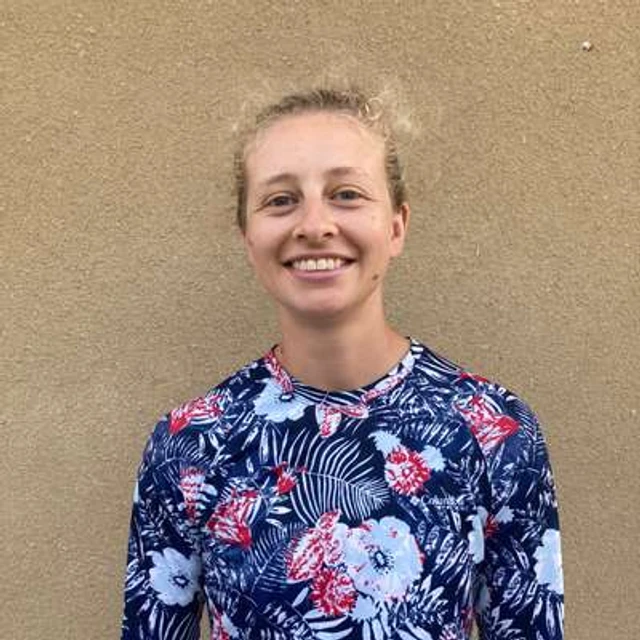
Research Program Mentors
Polygence mentors are selected based on their exceptional academic background, teaching experience, and unique ability to inspire the next generation of innovative thinkers and industry leaders.

Michelle
PhD candidate
Expertise
Emotion, child/adolescent development, early adversity, mental health, development social affective neuroscience, social psychology, experimental design, research methods, statistics

Mathias
PhD
Expertise
Biology, Molecular Biology, Genetics, Cellular Biology, Molecular systems biology, Metabolic pathways, Microbiology, Bacteriology, Virology, Oncology, Epigenetics, Extracellular Matrix, Tumor Microenvironment, Protein-Protein Interaction, Imaging and Microscopy.

Alison
MA
Expertise
Sociology, English/Literature, Creative Writing, Drama, Gender Studies; projects involving topics in: young adult literature, fanfiction, gender/racial/ability/class stratification, playwriting and theatre analysis

Anastasia
PhD
Expertise
Earth sciences, planetary sciences, physics, mathematics, chemistry, spectroscopy

Prasheetha
MS candidate
Expertise
environmental science, ecology, biology, evolution, sustainability, climate science, public health, air quality, water quality, environmental health, environmental policy and regulation, wildlife biology, ornithology, genetics, earth science,

victoria
MA candidate
Expertise
electrical engineering (with a focus on HF radar), sustainability (with a focus on reducing plastic waste)

Abhishek
MD candidate
Expertise
My degrees are in Biomedical Engineering from Columbia University and a Masters in Bioengineering from UCSD. I am an expert in tissue engineering, drug delivery, imaging analysis and disease.

Fatak
Industry expert
Expertise
Aerospace Engineering; Flight Software Design; Modeling and Simulation; Bioastronautics

Whitney
MFA
Expertise
Interdisciplinary artistic practices ( storytelling, intersections of art and science, arts and environment, design, photography and videography) Dance (choreography, technique, professional performance, dance science, history, critical issues) Physical Health and Wellness (basic physiology, functional anatomy and kinesiology, strength and conditioning, injury prevention and rehabilitation, approaches for self-care) Mentorship for balancing arts and academics, college audition prep, adapting materials for creative projects

Christine
PhD candidate
Expertise
gender and sexuality studies, sexual and reproductive health, ethnic studies, disability studies, sociology, postcolonial studies, social justice, academic research, writing, theater arts, college access, food and environmental justice, mental health, harm reduction, critical pedagogy

Joshua
MD candidate
Expertise
Medicine, basic science, aerospace neuroscience, mental health counseling, professional writing








